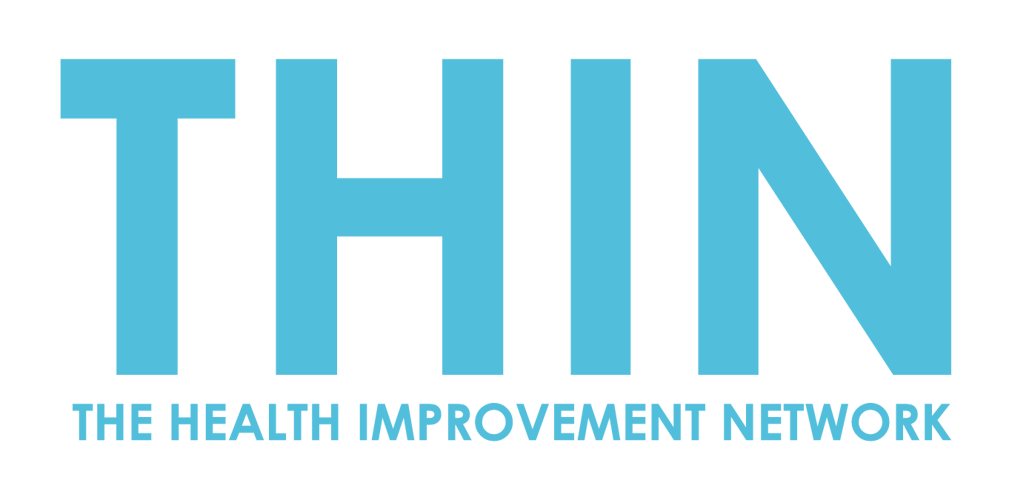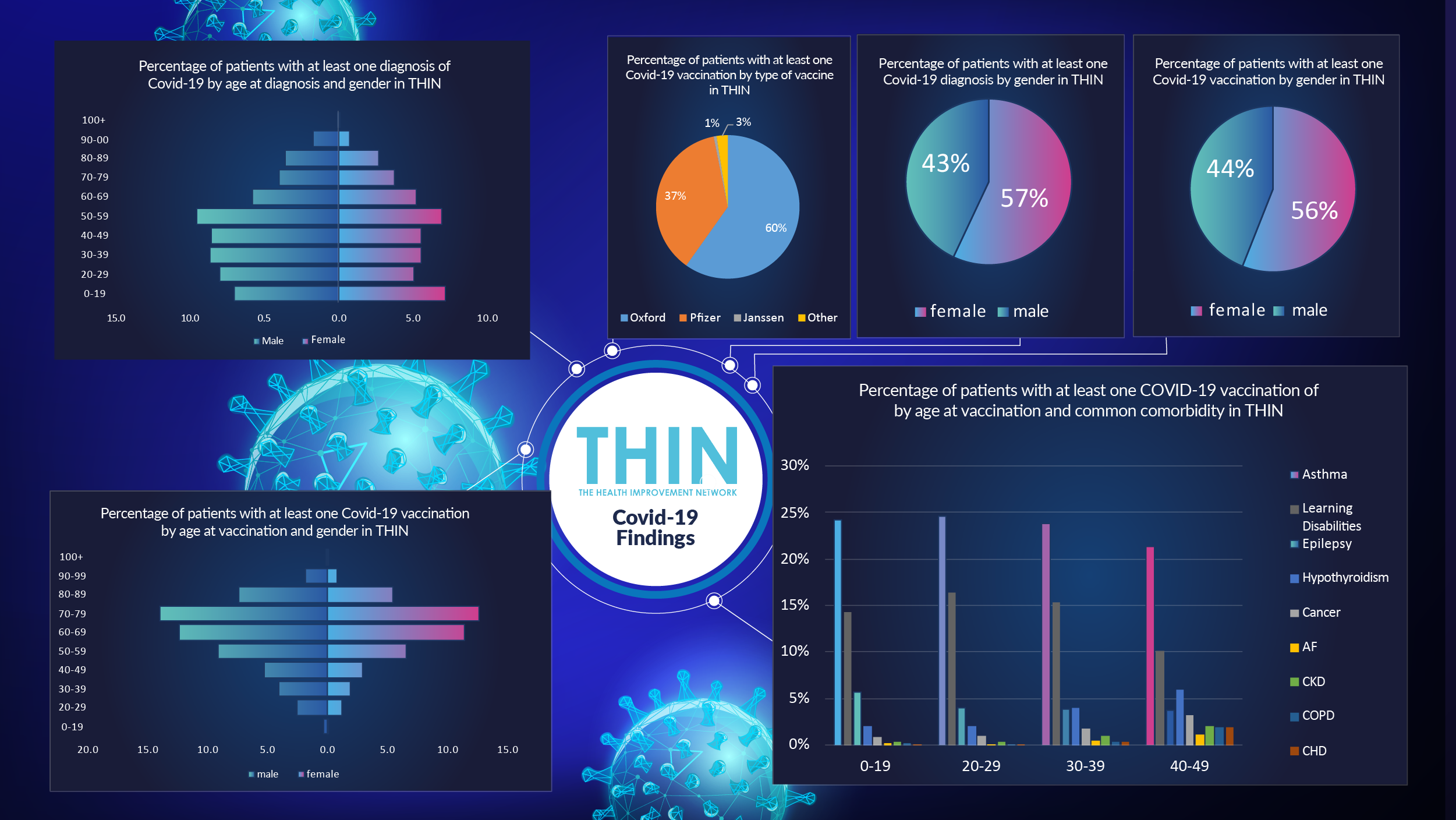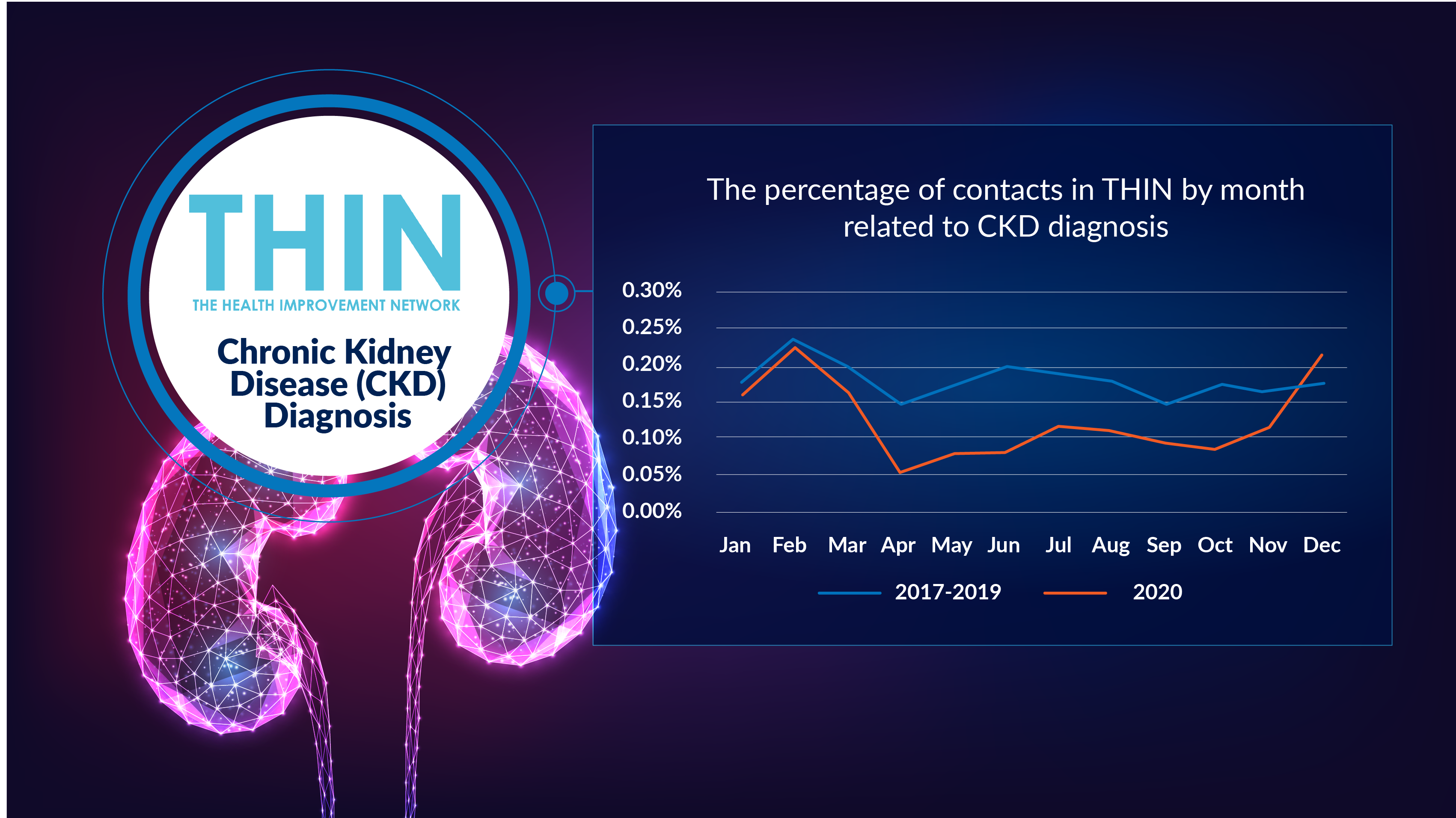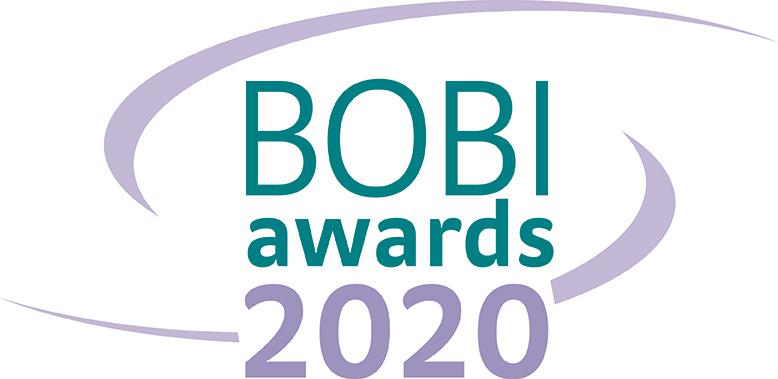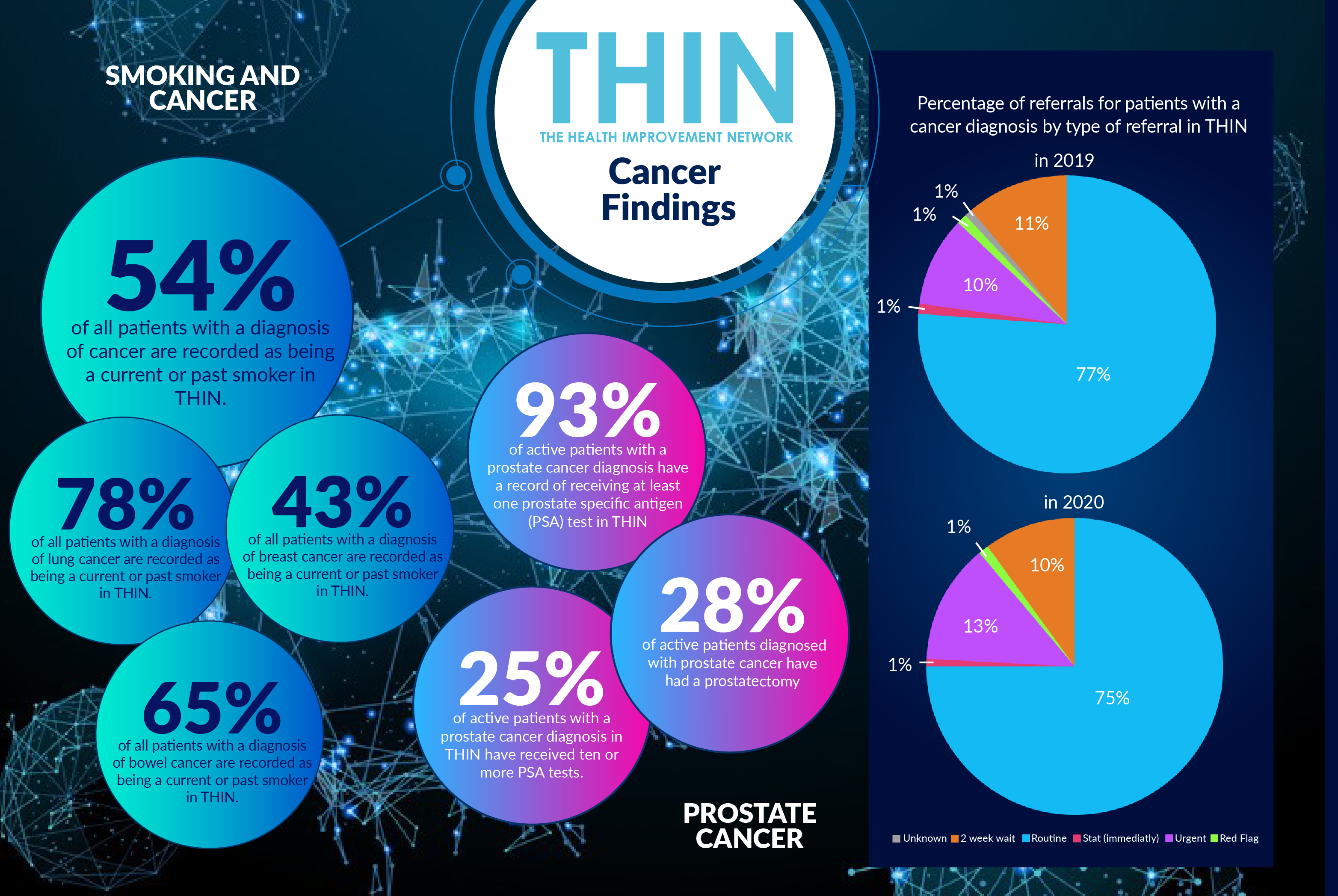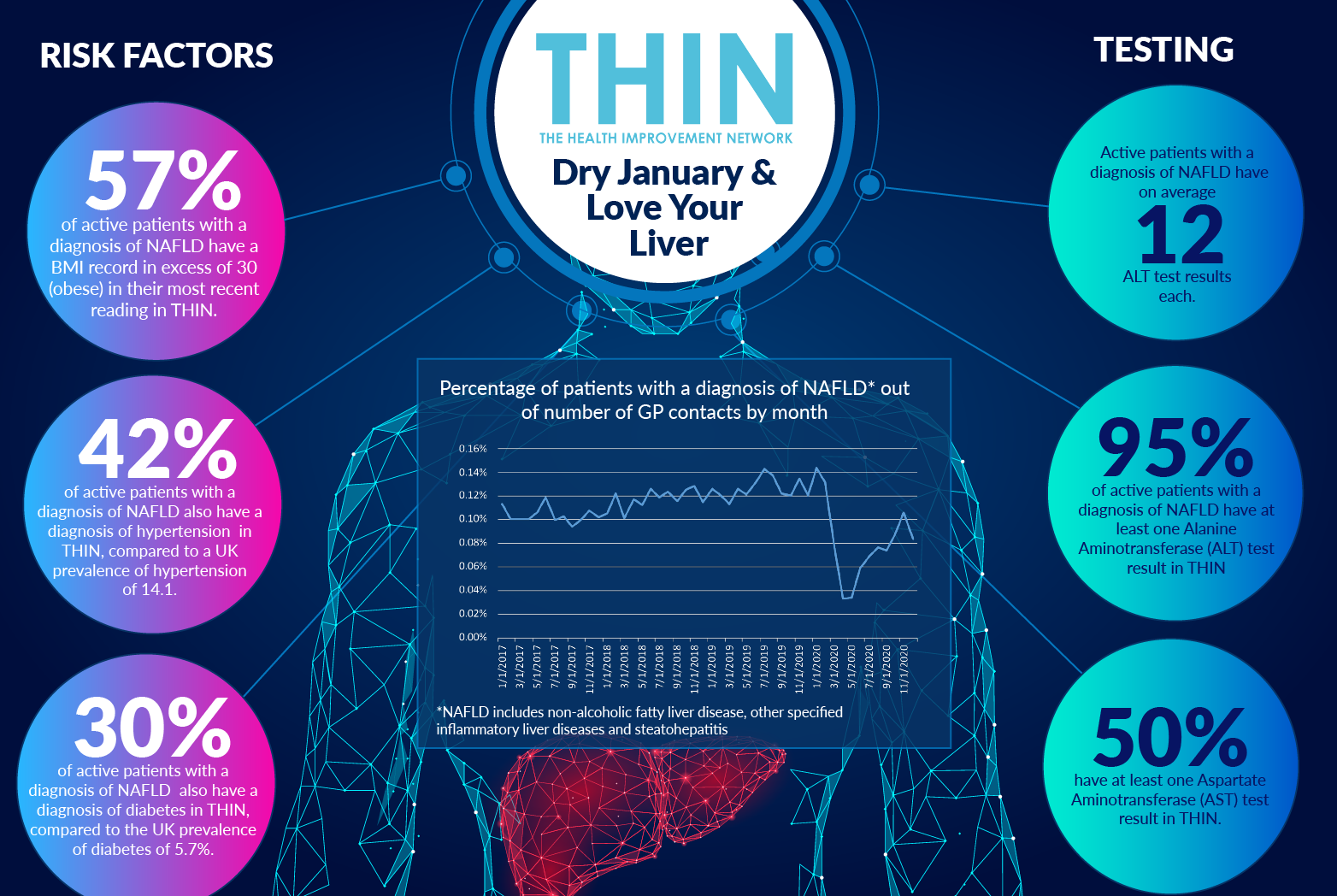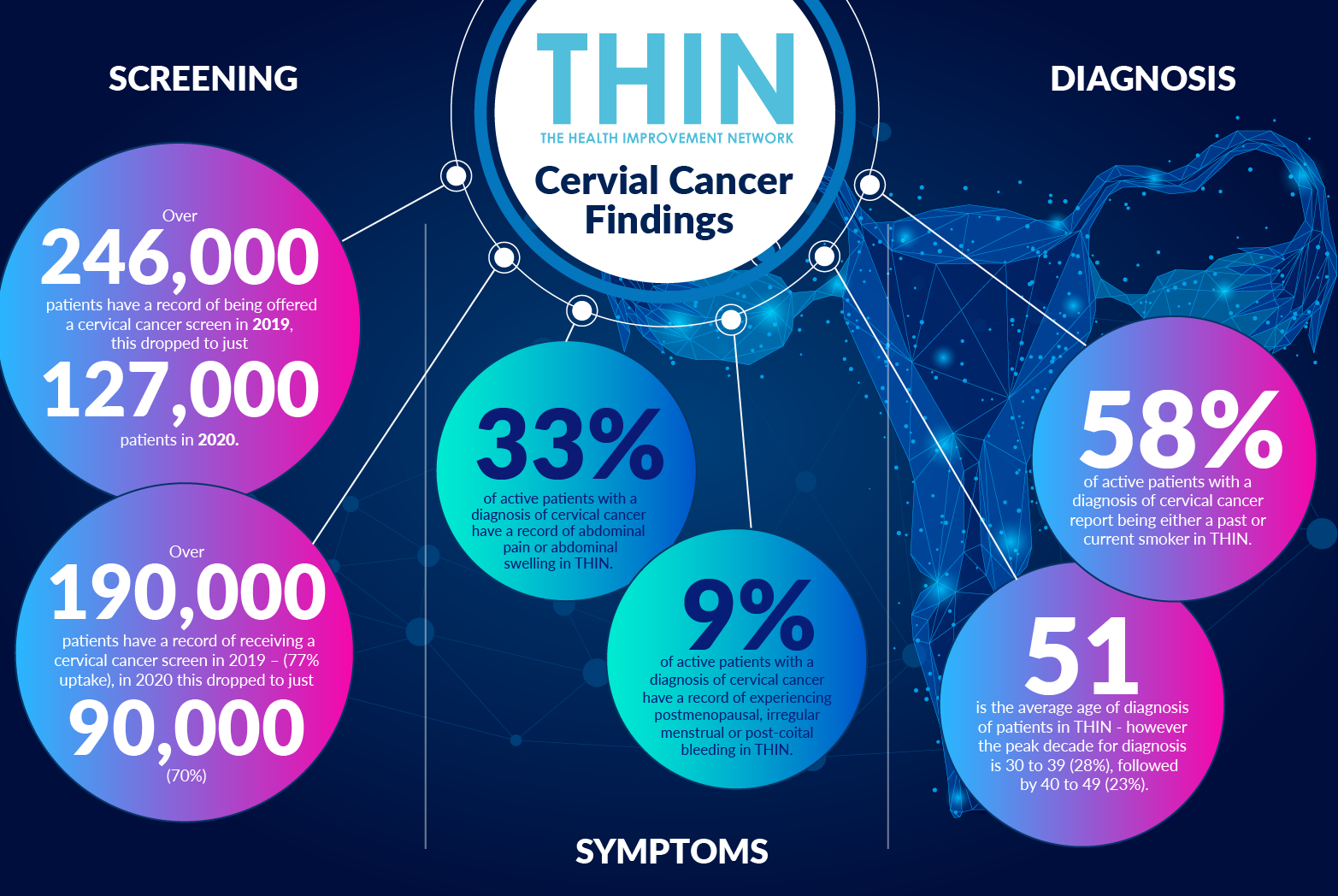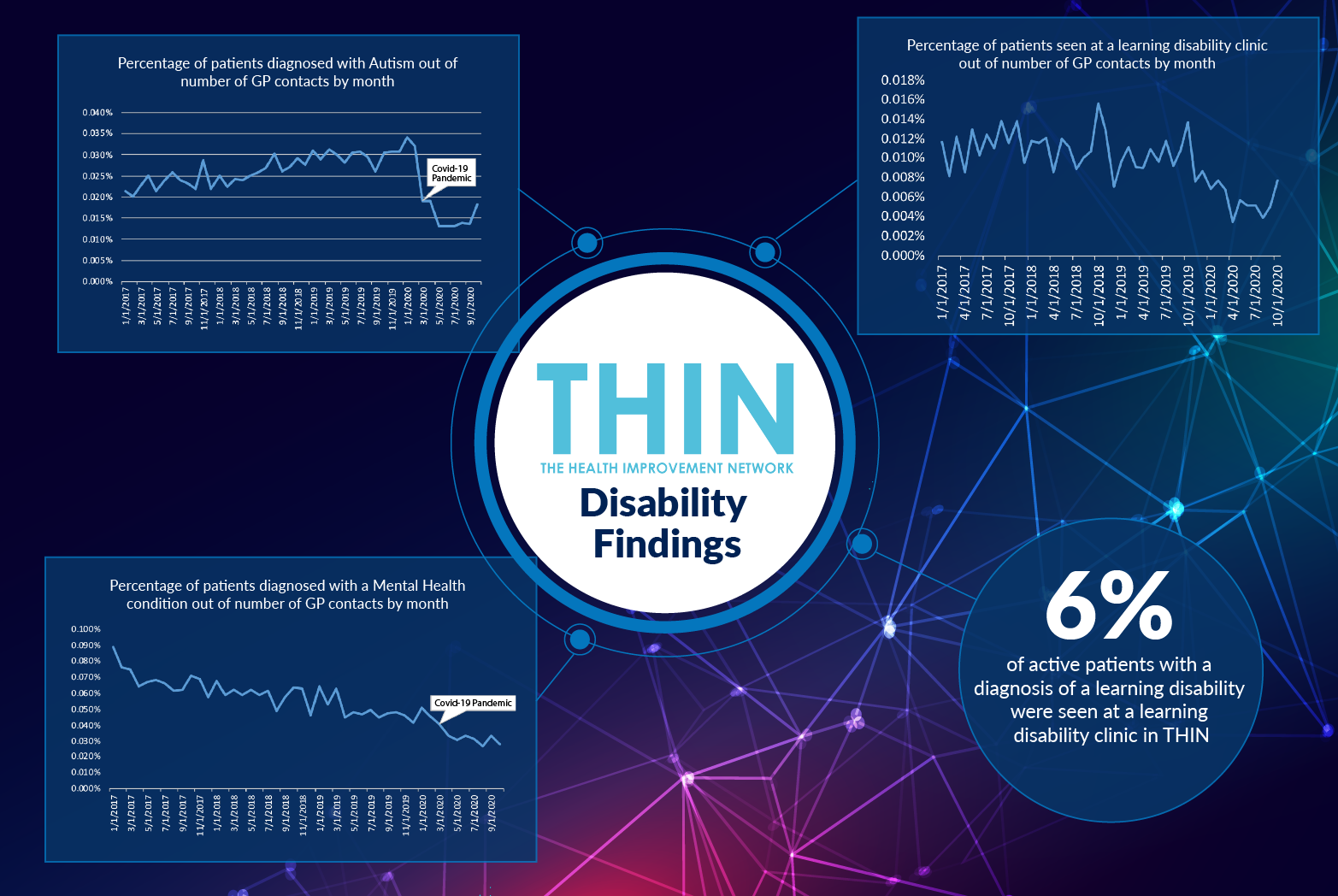Why real-world data matters to patients
Why real-world data matters to patients
Healthcare systems globally are increasingly recognising the value of healthcare data. From developing improved care pathways to driving cost savings through data analytics, arguably the true value of healthcare data lies in patient outcomes.
Good data can power better, safer and more effective models of care for patients. As technology unlocks new data sets and more sophisticated tools of analysis, our ability to harness information will be key to driving better health outcomes and more sustainable models of care.
